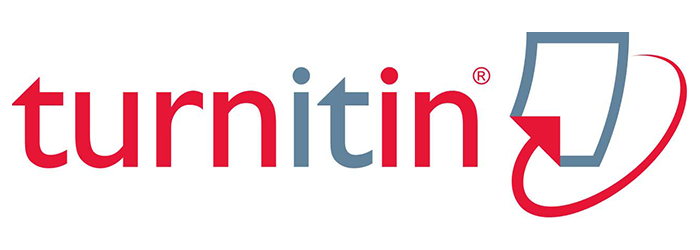Peningkatan Pembelajaran Mengenal Nilai Mata Uang dengan Menggunakan Model Pembelajaran Problem Based Learning bagi Siswa Tunagrahita
 ), Nurhastuti Nurhastuti(2), Rini Agusta(3),
), Nurhastuti Nurhastuti(2), Rini Agusta(3), (1) Universitas Negeri Padang
(2) Universitas Negeri Padang
(3) SLB Negeri 1 Padang
 Corresponding Author
Corresponding Author
Copyright (c) 2023 Jurnal Penelitian Pendidikan Khusus
Full Text:
 Language : en
Language : en
Abstract
Keywords
References
Afandi, M. (2014). Pentingnya Penelitian Tindakan Kelas Bagi Guru Dalam Pembelajaran Di Sekolah Dasar. Jurnal Ilmiah Pendidikan Dasar, 1(1), 119.
Ariyani, B., & Kristin, F. (2021). Model Pembelajaran Problem Based Learning untuk Meningkatkan Hasil Belajar IPS Siswa SD. Jurnal Imiah Pendidikan Dan Pembelajaran, 5(3), 353. https://doi.org/10.23887/jipp.v5i3.36230
Dahlia, D. (2022). Penerapan Model Pembelajaran Problem Based Learning untuk Meningkatkan Hasil Berlajar Matematika Topik Bilangan Cacah. Pedagogia: Jurnal Ilmiah Pendidikan, 14(2), 5964. https://doi.org/10.55215/pedagogia.v14i2.6611
De Boer, A., Pijl, S. J., & Minnaert, A. (2011). Regular primary schoolteachers attitudes towards inclusive education: A review of the literature. International Journal of Inclusive Education, 15(3), 331353. https://doi.org/10.1080/13603110903030089
Iswari, M., Kasiyati, K., Zulmiyetri, Z., & Ardisal, A. (2017). Bimbingan Teknis Penyusunan Proposal Penelitian Tindakan Kelas dan Penulisan Artikel pada Guru-Guru Sekolah dasar di SD N 17 Limau Manis Padang. Jurnal Konseling Dan Pendidikan, 5(3), 156162. https://doi.org/10.29210/119700
Nurhastuti, N., Zulmiyetri, Z., Setia Budi, & Iga Setia Utami. (2021). Ketahanan Mental Keluarga Anak Berkebutuhan Khusus Dalam Menghadapi New Normal. Jurnal Buah Hati, 8(1), 2032. https://doi.org/10.46244/buahhati.v8i1.1204
Suyadi. (2012). Buku Panduan Guru Profesional Penelitian Tindakan Kelas (PTK)dan Penelitian Tindakan Sekolah (PTS). Andi.
Trianto. (2014). Mendesain Model Pembelajaran Inovatif, Progresif dan Kontekstual. Prenadamedia Group.
Utama, Juriya, & Nurhastuti. (2022). Efektivitas Metode Latihan Dalam Permainan Engklek Untuk Meningkatkan Koordinasi Mata, Tangan dan Kaki Anak Tunagrahita Ringan. Jurnal Penelitian Pendidikan Khusus, 11.
Warsono, & H. (2012). Pembelajaran Aktif Teori dan Asesmen. PT Remaja Rosdakarya.
Yuafian, R., & Astuti, S. (2020). Peningkatan Hasil Belajar Siswa Menggunakan Model Pembelajaran Problem Based Learning (Pbl). JRPD (Jurnal Riset Pendidikan Dasar), 3(1), 1724. https://doi.org/10.26618/jrpd.v3i1.3216
Zainal, A. (2013). Model-Model, Media dan Strategi Pembelajaran Konstektual (Inovatif). Yrama Widya.
 Article Metrics
Article Metrics
 Abstract Views : 327 times
Abstract Views : 327 times
 PDF (Bahasa Indonesia) Downloaded : 1019 times
PDF (Bahasa Indonesia) Downloaded : 1019 times
Refbacks
- There are currently no refbacks.
Copyright (c) 2023 Jurnal Penelitian Pendidikan Khusus

This work is licensed under a Creative Commons Attribution-ShareAlike 4.0 International License.



